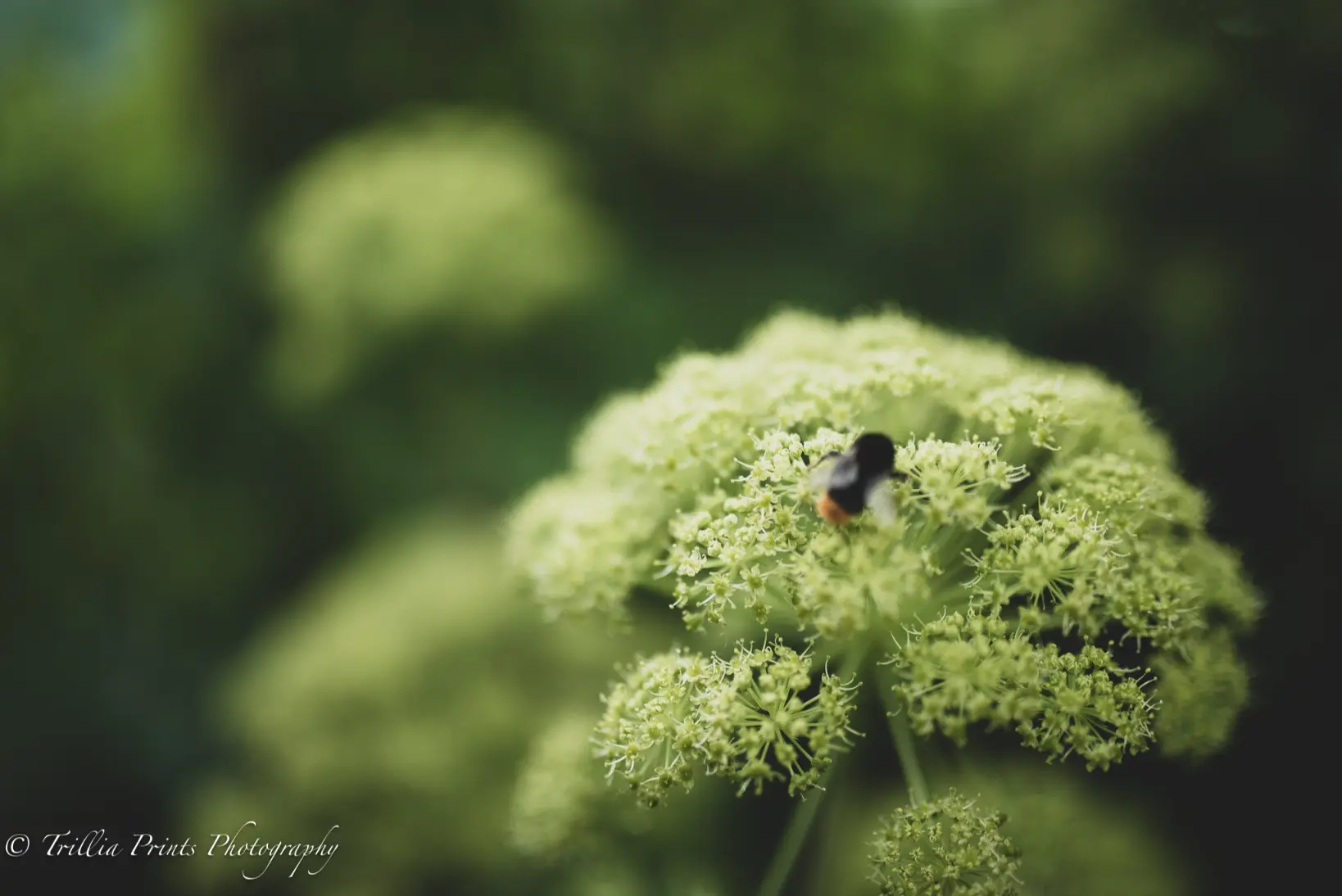
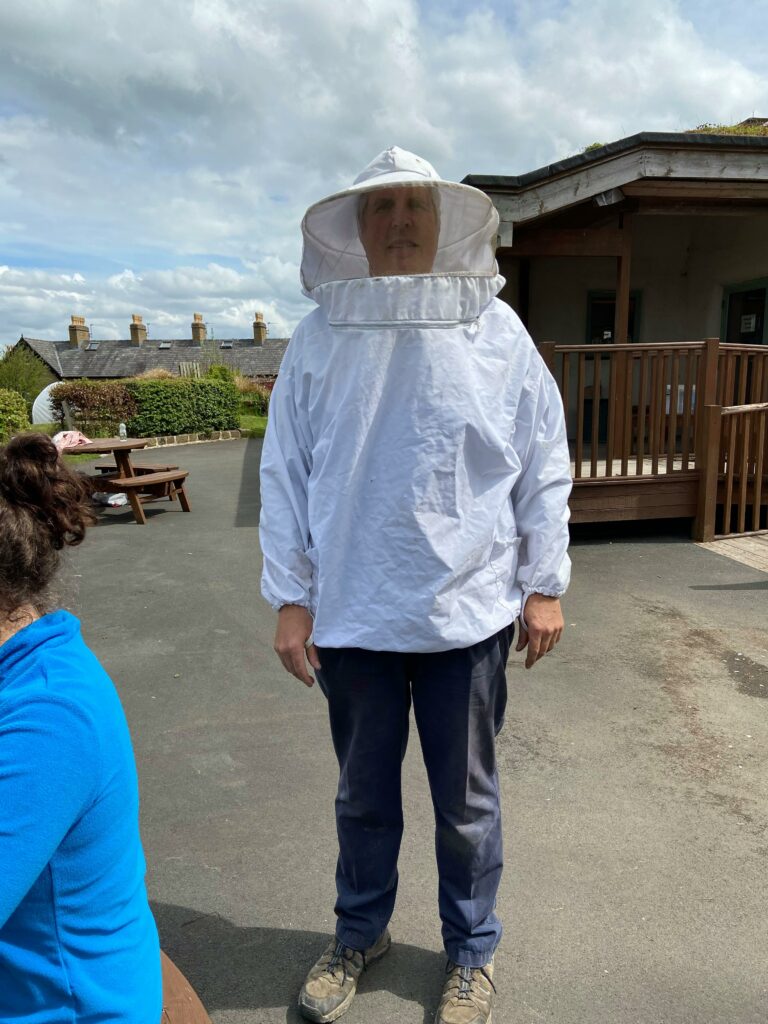
While many fear bees for their ability to sting and harm, their benefits to humans and the environment far outweigh any short-lived pain, which they are unlikely to inflict without reason. Creating intricate hives that store and produce honey, pollinating more than a hundred standard food crops and flowers, and generally helping the environment to thrive, there’s a thing or two we can learn from these insects in how they work together.
Neil Davidson is our in-house beekeeper of two hives at the Outback Community Kitchen and Garden. He explains the work of bees and their important connection with community, not only through their role in our local ecosystem, but their ability to team up for greater good.
They’re in it together
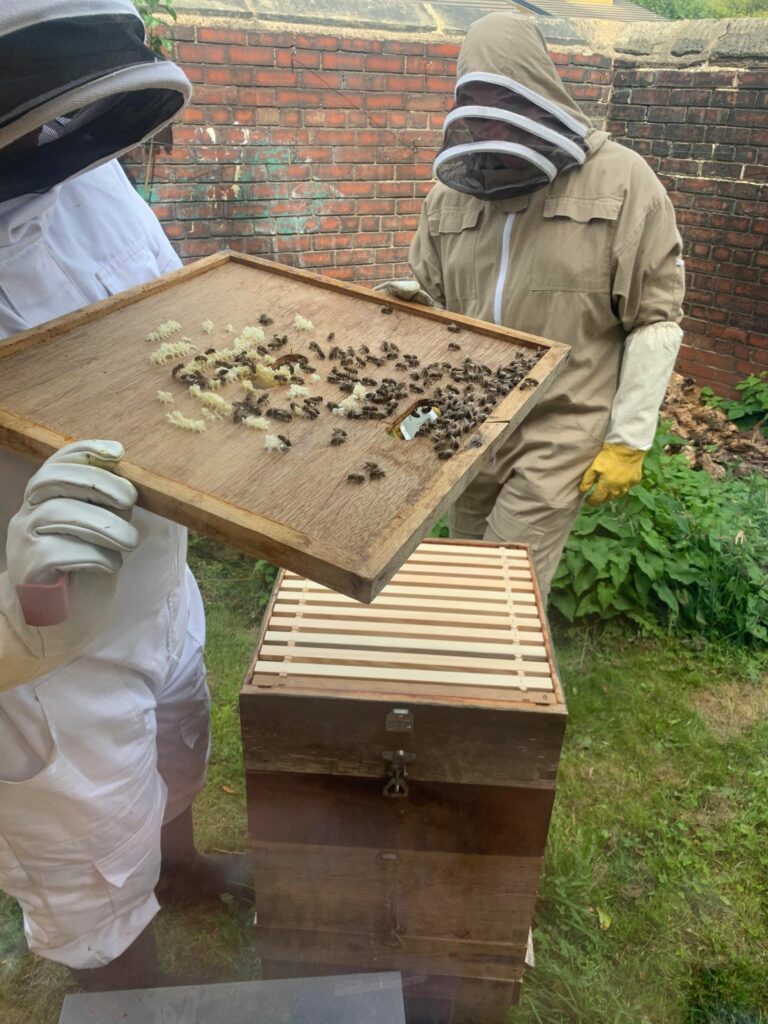
We often see bees in isolation, buzzing around flowers and crops, but they’re often closely followed by one or two thousand others hunting for their bounty of pollen. Like humans, they work hard to get the job done and this often means they must work independently, but don’t be fooled to think this means they’re out for themselves.
Bees are notorious for their teamwork; they know that their job is crucial to the bigger picture – building the hive and producing honey. To ensure the hive runs efficiently, each bee has a role to play, often adapting to new roles as they grow older.
Just like building a community; there’s power in numbers! The small actions of individuals have lesser impact in isolation, but when combined with the actions of others they have greater impact, contributing to a stronger and more cohesive community.
They are great communicators
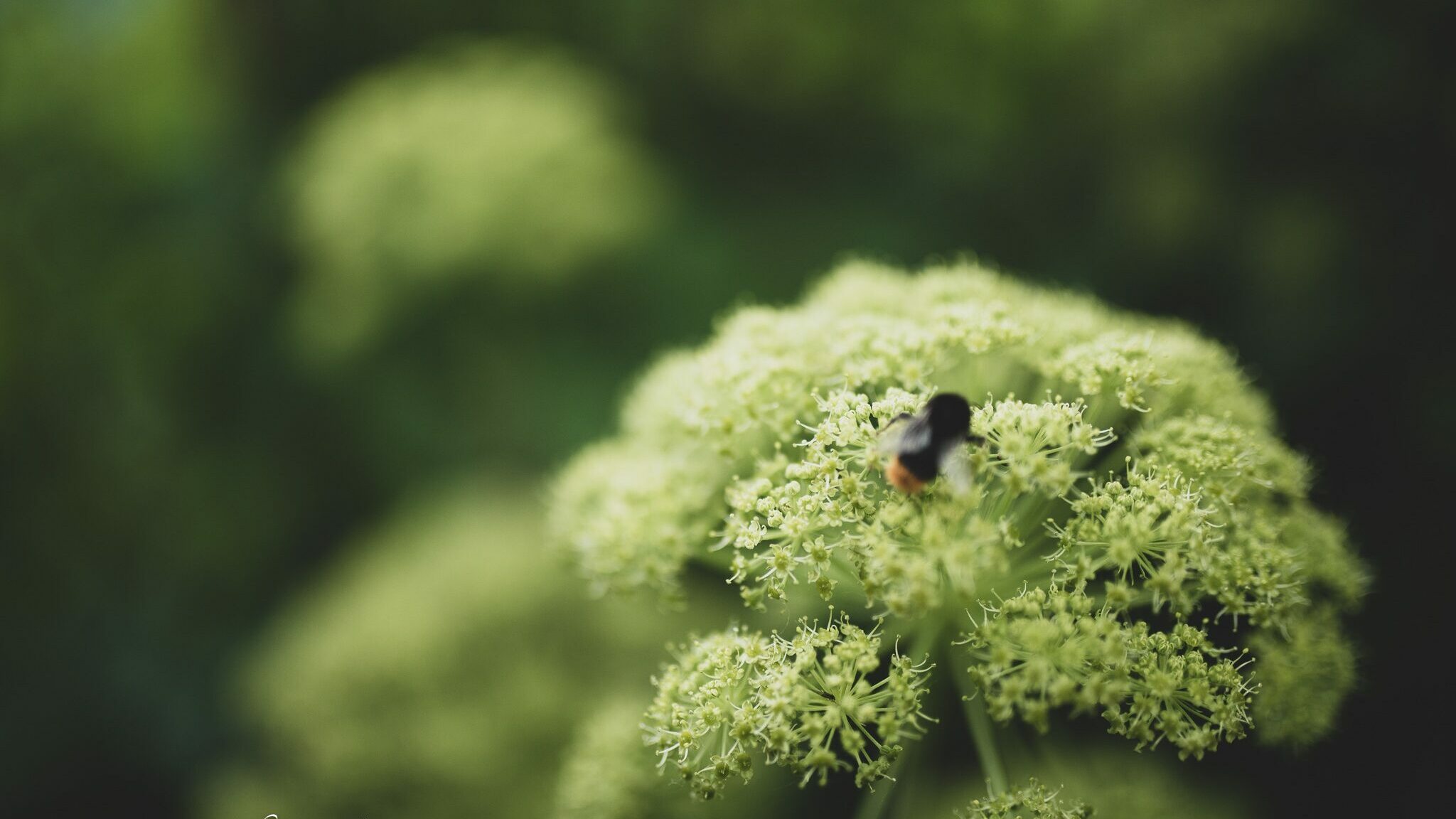
Of course, you can’t boast excellent teamwork without a crucial ingredient – communication. Bees have some unique ways of ensuring those in the hive are kept in the loop. Worker bees, in particular, share information about the best plants using a “waggle dance” which gives precise directions. Through complex and patient communication, bees work together to ensure that their colony thrives.
Information sharing is vital within a community. Ensuring everyone is armed with the knowledge and information to support their role within the community and plans to enhance it, helps people feel valued and part of a wider plan that they can contribute to.
They care about the wellbeing of others
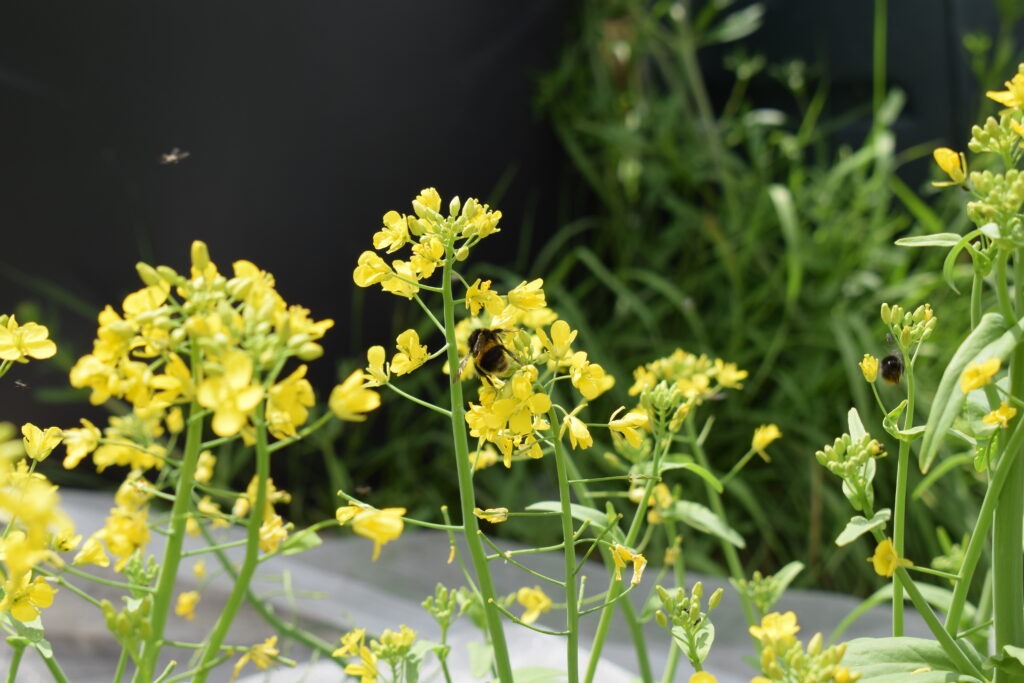
Did you know that if a bee has an itch, a fellow bee will eagerly assist and relieve it? Likewise, with their general maintenance and self-care, should a worker bee require grooming it will dance as a signal to other bees to come to their aid.
A quality we can take on board. Strong communities support their members, providing a network that acts as a safety net. Looking after our neighbours and those who need guidance, makes us stronger, together!
Be more bee
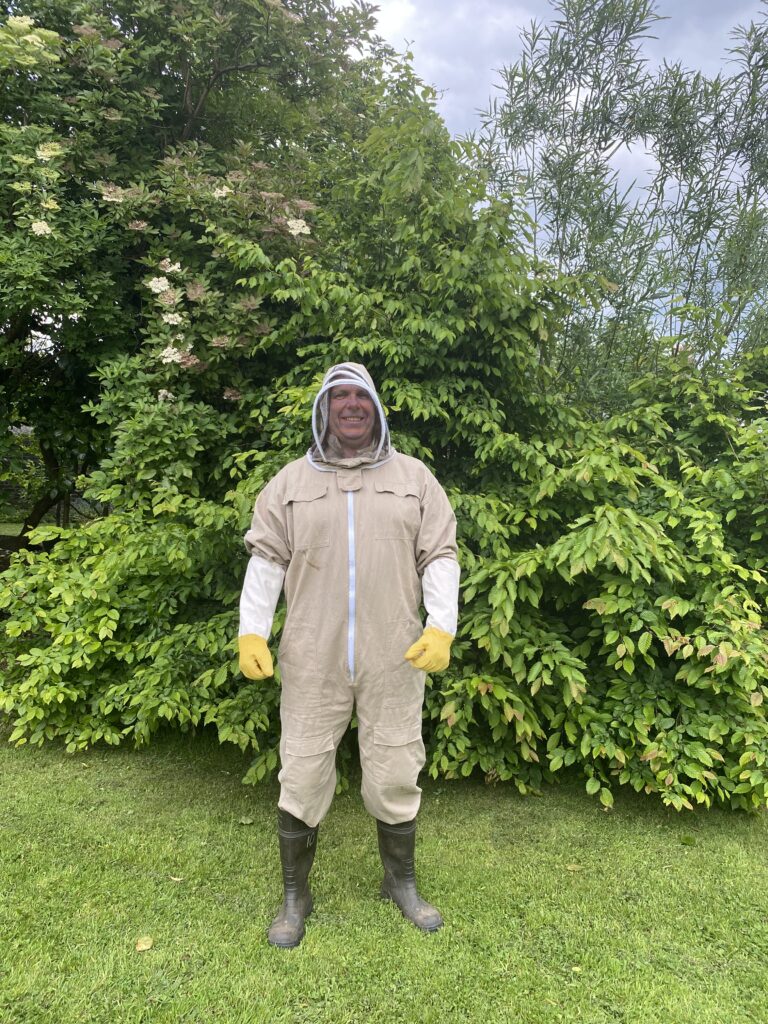
Honey bees set-out a shining example of how a compassionate community could look. If we further build and harness our communication and hard work, we can encourage these skills in others, and maybe it will lead to a world where inclusive and dynamic communities thrive!
If you’d like to learn more about bees and connect with others in your local community, why not visit the Outback Community Kitchen and Garden, and join Park Ward Pollinators in their beekeeping group? It takes place each Thursday where you’ll learn to care for our community beehive, share skills and look after the habitat for our bees and other wildlife.

